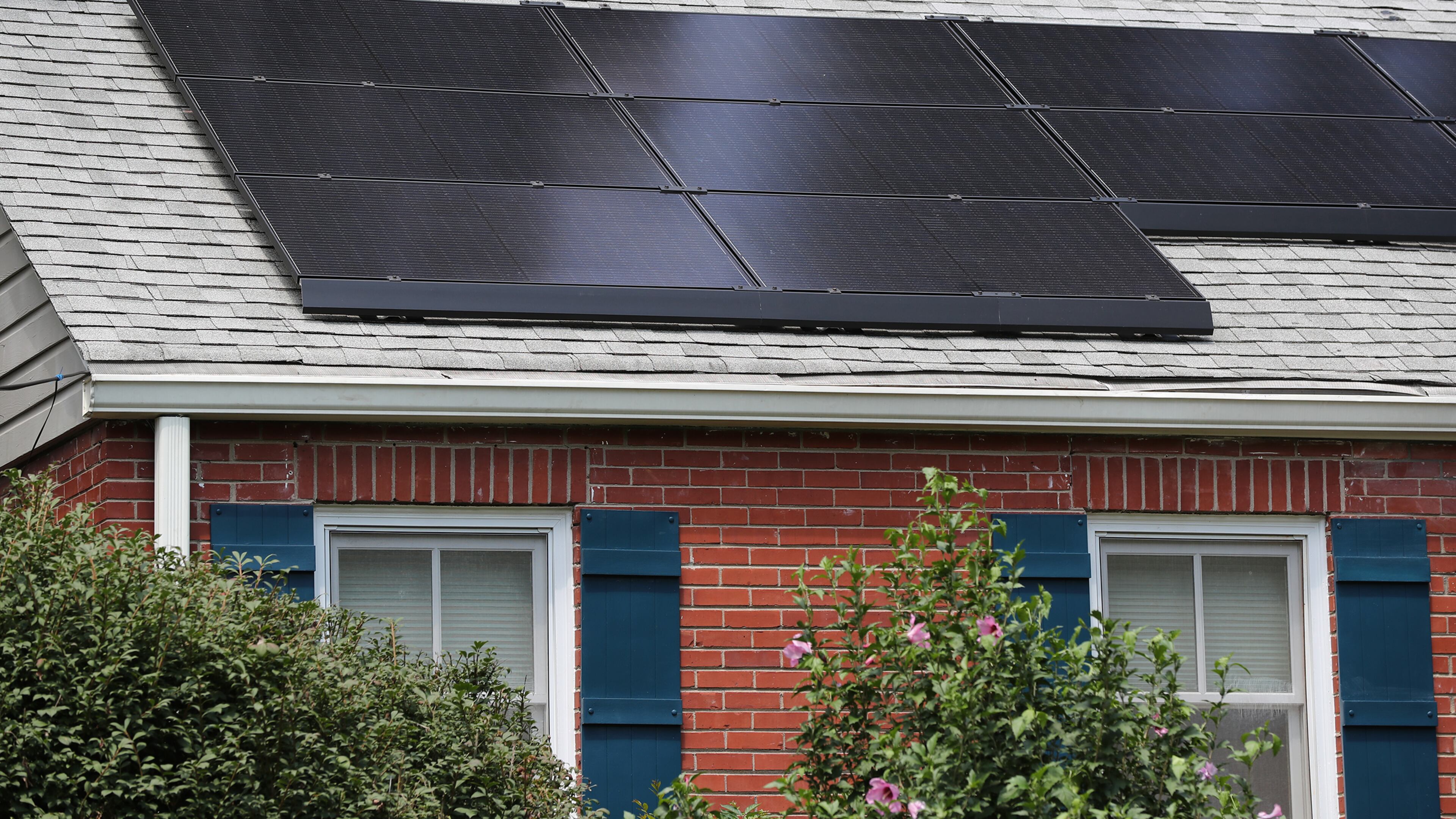Energy bill tops environmental issues in legislative session

Legislation working its way through the state House has environmental advocates concerned that local governments could lose the power to decide what type of energy is used in buildings and homes. Such action, they said, would make it more difficult for cities to achieve 100% clean energy goals.
House Bill 150, introduced by Rep. Bruce Williamson, R-Monroe, and its Senate counterpart (Senate Bill 102) would prohibit local governments from creating building codes that are based solely on the type of energy used. The bill is scheduled for a House vote on Monday.
Williamson and supporters, which include the Natural Gas Association of Georgia and the Southeast region of the American Petroleum Institute, have said the action would keep consumer energy costs down while protecting jobs across a range of sectors.
“Some municipalities have chosen to limit their citizens’ choice of the type of fuel based on goals that those municipalities chose to reduce their carbon footprint or go carbon-free over a period of time,” said Williamson this week just before the House Energy, Utilities and Telecommunications Committee passed the bill. “In their efforts to hasten that, they decided to limit the customer’s choice of fuel, and we would hate to see that happen in Georgia.”
Williamson suggested that municipalities could rely on incentives to steer residents toward specific energy sources that would help them reach those goals.
The Association County Commissioners of Georgia has taken a neutral stance on the bill; and the Georgia Municipal Association is evaluating the bill, according to its legislative tracker.
But HB 150 has raised concerns among some elected officials, particularly those in cities that have committed to achieving 100% clean energy over the next three decades.
In Georgia, five cities have made that pledge, including Atlanta, Athens, Augusta, Clarkston and Savannah. The bill, said some local leaders, would limit the ability of cities to make local decisions that impact energy choice.
“We really have the best perspective and the best voice when it comes to energy choice rather than a top-down blanket approach that can lead to nasty effects when it comes to energy use,” said Alderman Nick Palumbo of Savannah, where the impacts of climate change such as sea level rise are high on the list of resident concerns.
Environmental groups have tracked 11 similar bills in other states, according to reports from the Sierra Club. Preemption, said environmentalists, will make it difficult, if not impossible, for local governments to attain 100% clean energy goals because such legislation essentially mandates continued reliance on fossil fuels rather than supporting a shift to electric power.
“Building codes and zoning is part of local control,” said Carol Myers, a newly elected Athens-Clarke County commissioner. “We have a 100% clean energy commitment here and I worked on that as a citizen advocate. That is something I campaigned on.”
The county is currently looking at redoing its sustainable building codes and is considering the installation of EV chargers. “We are doing public buildings now, but if we switch over to private, are we going to get a bill saying we can’t require charging stations because gasoline companies don’t want that? The world is changing and they are restricting our ability to follow through,” Myers said.


